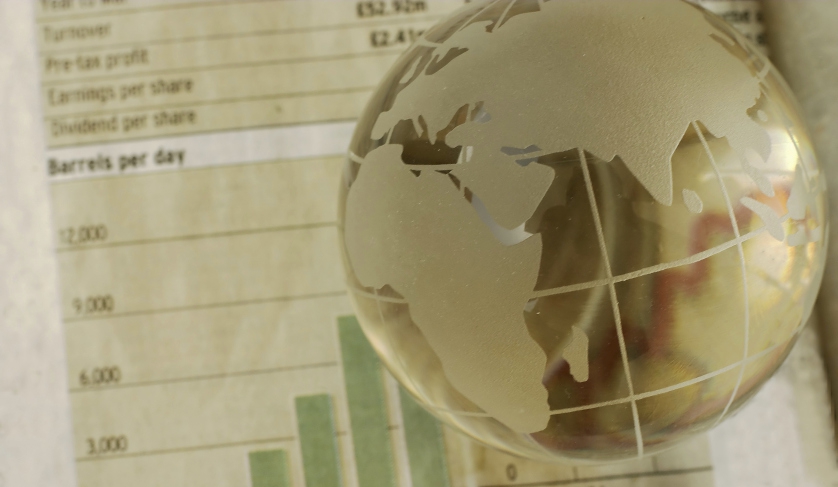The Australian government and Defence are readying to shape the basis of a groundbreaking push to advance the nation’s export strategy, based on linking both primes and SMEs to a raft of major new contracts.
To continue reading the rest of this article, please log in.
Create free account to get unlimited news articles and more!
According to Kate Louis, the First Assistant Secretary of the Defence Industry Policy Division with the Department of Defence, a core part of the government's agenda and of Defence's focus going forward is to really drive Australia’s export potential.
“You might wonder why, but of course the more export we have, the more competitive business [we’ll see],” she told Defence Connect. “Again, it all leads back to defence capability, as well as of course growing wonderful Australian businesses, and the skills and workforce [as well as] all the terrific things that does for the nation.”
First Assistant Secretary Louis said her remit right now sees her working hard with Defence, government and industry stakeholders to formulate a coherent, sustainable export strategy.
“Because we’re a huge net importer, there is a lot of policy implications around a huge export strategy,” she explained, highlighting crucial intersections with foreign policy
“There's a range of things that we are thinking through: about how best to support companies in their export strategies. Of course, government advocacy is an important part of that, and also Defence advocacy.”
First Assistant Secretary Louis said that under the drive to advance the export agenda, her own working group had already been collaborating with Defence’s Austrade partners.
In addition, she underscored the important role of the states and territories in this space.
“There's a range of initiatives that we're doing and of course I also … actually run the export controls area,” she said. “That's been a fantastic thing to bring together. So, I have my industry development side [and] I have my innovation side, but importantly I have an export controls area too.”
She said melding those capacities had proved extremely beneficial, “because if you have an idea or a proposal that's even in the very early stages of being developed [and especially] if it has national security implications, you already want to be thinking about your export potential, even if it's five or 10 years away”.
Listen to the full interview here.

 Login
Login







